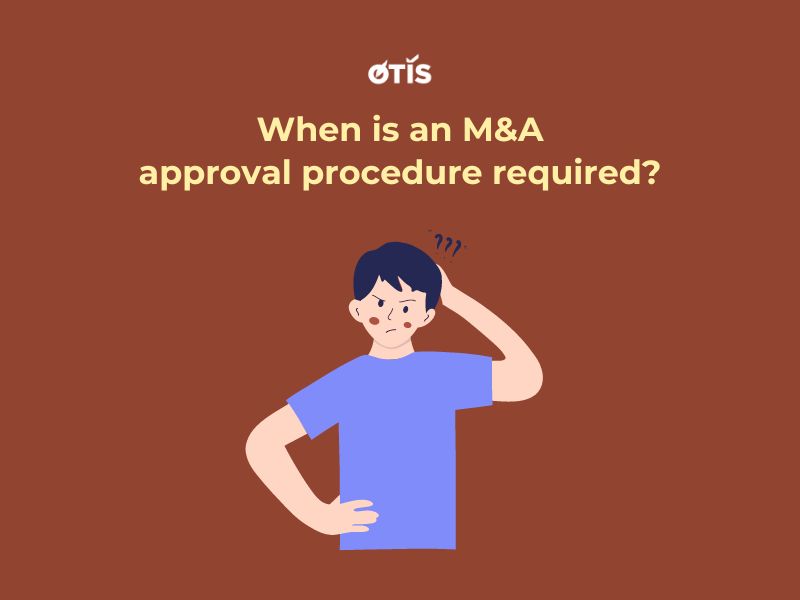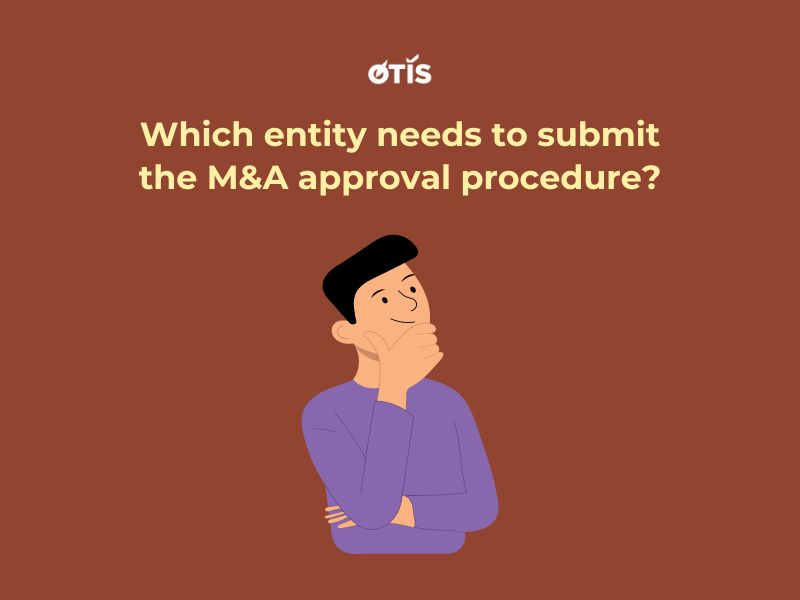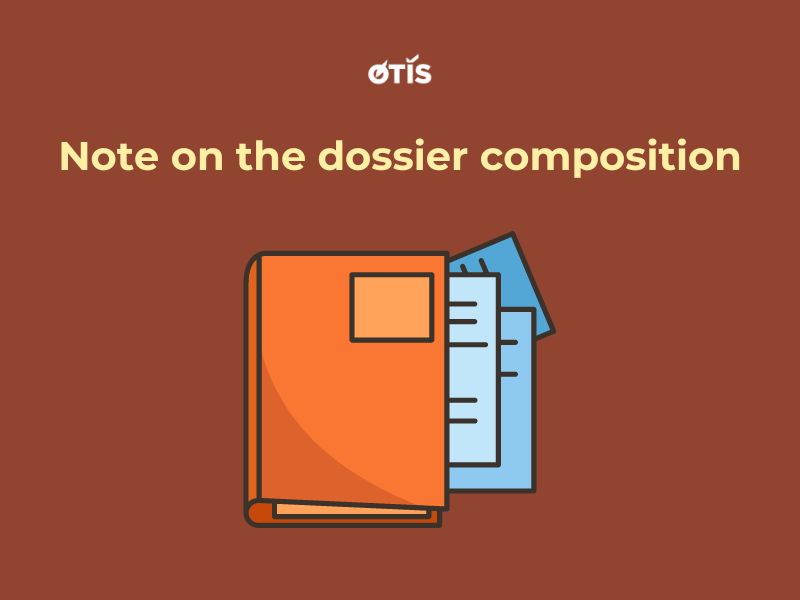Registering capital contribution, share purchase, and capital contribution portion of foreign investors (hereinafter referred to as “M&A approval procedures”) is a prerequisite procedure that economic organizations (hereinafter referred to as “enterprises”) need to undertake before receiving capital from foreign investors in some cases. This is a common procedure today, however, when implementing this procedure in practice, many enterprises and foreign investors still encounter difficulties and challenges.
The difficulties and challenges arise from various reasons, including different interpretations and applications of legal provisions between enterprises and agencies handling the application files. In this article, the author will address some existing issues in the process of enterprises implementing M&A approval procedures.

When is an M&A approval procedure required?
According to the regulations in Clause 2, Article 26 of the 2020 Investment Law, foreign investors must carry out the M&A approval procedure before changing members or shareholders in the following cases: a) Capital contribution, share purchase, or capital contribution that increases the ownership ratio of foreign investors in enterprises operating in sectors with market access conditions for foreign investors; b) Capital contribution, share purchase, or capital contribution resulting in foreign investors, enterprises stipulated in Points a, b, and c, Clause 1, Article 23 of the Investment Law holding over 50% of the charter capital of economic organizations in cases: increasing the ownership ratio of foreign investors from below or equal to 50% to over 50%; increasing the ownership ratio of foreign investors when foreign investors already own over 50% of the charter capital in the enterprise; or c) Foreign investors contribute capital, purchase shares, or purchase capital contribution portions of enterprises with land use rights certificates on islands and communes, wards, border towns; communes, wards, coastal towns; other areas affecting national defense and security.
It can be seen that this regulation has clearly listed specific cases where the M&A approval procedure must be carried out. However, in practice, there are often cases where the M&A approval procedure is required even though they do not fall under the mentioned cases. To illustrate this point, we cite a real case as follows:
Company A, a single-member limited liability company, is owned by an individual investor X (nationality M). Company A is headquartered on an island of Vietnam, but it does not have a land use rights certificate in this area. Y, an individual investor (nationality M), wishes to acquire a portion of the capital corresponding to 40% of X’s capital in Company A. Based on the provisions in Clause 2, Article 26 of the 2020 Investment Law, it can be seen that the acquisition of capital by Y does not fall into the cases that require the M&A approval procedure. However, in practice, the competent investment and business registration authority requires the M&A approval procedure to be conducted.
Based on the provisions in Clause 2, Article 26 of the 2020 Investment Law, for Point a, Company A currently has 100% ownership by the foreign investor X. Therefore, the transfer of capital from X to Y does not increase the ownership ratio of foreign investors (remains 100% of Company A’s charter capital). Unlike Point a, Point b targets cases of increasing capital of a specific foreign investor rather than all foreign investors. However, this capital increase must be from below or equal to 50% to over 50%, or increasing the ownership ratio of foreign investors when they already own over 50% of the charter capital of the enterprise. Compared with the real case mentioned above, although Y is a new investor in Company A, the planned capital portion of Y is only 40% of Company A’s charter capital. Therefore, this cannot be considered a case that requires the M&A approval procedure.
The above case is just one of the many situations that occur in practice, where there are differences in understanding and application of legal provisions among authorities in different localities. Therefore, to save time, from the outset, enterprises need to consult the opinion of the competent authority where they are headquartered on whether this procedure needs to be implemented, and then take appropriate measures according to the reality of handling by the competent authorities.

Which entity needs to submit the M&A approval procedure?
This seems like a simple issue but it can also be a practical challenge when implementing the M&A approval procedure. Clause 2, Article 26 of the 2020 Investment Law states that “foreign investors carrying out procedures for registering capital contribution, share purchase, purchase of capital contribution portions of economic organizations before changing members, shareholders if they fall into one of the following cases: …” This provision may cause confusion about the subject that needs to submit the M&A approval procedure, when many cases are identified where foreign investors need to submit the application.
However, according to the regulations in Clause 2, Article 66 of Decree 31/2021/ND-CP guiding the implementation of the Investment Law, it states: “Economic organizations” with foreign investors investing in new capital contribution, share purchase, or purchase of capital contribution portions are the subjects required to submit the M&A approval procedure.
Clear determination is necessary because usually, the submission of the application will be delegated to an individual outside the foreign investor and the legal representative of the enterprise. If the delegate is not the subject required to submit the M&A approval procedure, the application may be rejected.

Note on the dossier composition
In essence, the M&A approval implementation dossier is not too extensive or complicated in terms of quantity and composition. However, when preparing the dossier, enterprises and investors also need to pay attention.
According to current regulations, one of the documents that enterprises must submit to the competent authority is a principal agreement on capital contribution, share purchase, or capital contribution portion between foreign investors and enterprises with foreign investors in capital contribution, share purchase, or capital contribution, or between foreign investors and shareholders or members of that enterprise.
Typically, for capital contribution, share purchase, or capital contribution transactions, the parties involved often go through several stages, from sending letters expressing intentions, signing memorandums of understanding, principal agreements, deposit contracts, and then proceeding to sign capital contribution, share purchase, or capital contribution contracts. However, for small-scale transactions or transactions between parties that have had prior cooperation, the parties often skip the above steps and go straight to signing capital contribution, share purchase, or capital contribution contracts. Although in these contracts, the parties have stipulated that the implementation of the M&A approval procedure is a prerequisite for the contract to take effect. However, many authorities have rejected these documents. Some competent authorities believe that at the time of submitting the dossier, the parties are only allowed to agree on principles of capital contribution, share purchase, or capital contribution, without specific agreement on other conditions of the transaction, because the transaction still requires approval from the competent authority. This explanation from the competent authority does not seem entirely reasonable if the parties have stipulated that the implementation of the M&A approval procedure is a prerequisite for the contract to take effect. However, from the perspective of submitting enterprises, if they can anticipate this situation from the beginning, enterprises can find appropriate solutions to save time and costs in administrative procedures.
The above are some existing issues in practice that enterprises need to pay attention to when implementing the M&A approval procedure. With the specificity of a procedure that is somewhat localized, in our opinion, when encountering cases of capital contribution, share purchase, or capital contribution by foreign investors, in addition to checking legal regulations, enterprises should consult the investment authority at the locality about whether this procedure needs to be implemented, as well as the procedure for submitting applications and the composition of the application dossier is a necessary step to save time and costs when implementing procedures.
For any questions or comments, please contact:
OTIS AND PARTNERS LAW FIRM
Office address: 2nd Floor, CT3 Building, Yen Hoa Park View Urban Area, No. 3 Vu Pham Ham Street, Yen Hoa Ward, Cau Giay District, Hanoi
Email: info@otislawyers.vn
Hotline: 0987748111


 Tiếng Việt
Tiếng Việt 한국어
한국어 中文 (中国)
中文 (中国)